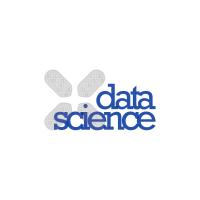Learning Mathematical Relations Using Deep Tree Models
2021 20th IEEE International Conference on Machine Learning and Applications (ICMLA), стр. 1681-1687. (декабря 2021)DOI: 10.1109/ICMLA52953.2021.00268
Аннотация
To the present day, computer algebra systems used for calculating mathematical relations on a symbolic level are mainly rule-based systems. Only recently, deep learning has been applied to the task of symbolic mathematics. Researchers succeeded in developing neural networks which can do symbolic calculations of the equivalence of multiple pairing of equations. However, the generator used to create mathematical terms in previous research has several drawbacks and as with all deep learning tasks, the quality of the data used for training the models has a significant impact on the quality of the results. In this work, we propose a new generator for polynomials. We use it to train several recursive neural networks to recognize the equivalence, derivative, or variable substitution between pairs of polynomials for the first time. Our results indicate that these mathematical relations are identifiable with the help of deep learning.
Описание
Learning Mathematical Relations Using Deep Tree Models | IEEE Conference Publication | IEEE Xplore
Линки и ресурсы
тэги
сообщество
@dmir- тэги данного пользователя выделены



